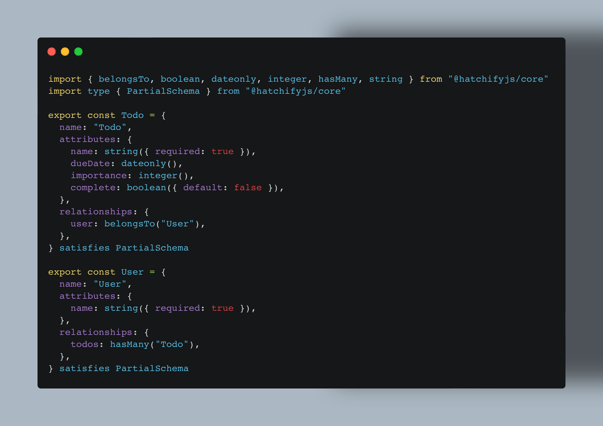Economists are backing the Honduran government’s choice to withdraw from ICSID, amidst a $10.8 billion claim from Próspera Inc., a crypto island company impacted by legislative changes.
A group of 85 economists has publicly endorsed Honduras’ decision to leave the International Centre for Settlement of Investment Disputes (ICSID), a World Bank arbitration body. This support comes as the government faces a contentious battle with Próspera Inc., a company specializing in creating cryptocurrency-powered islands, which has filed a significant $10.8 billion claim for damages due to changes in legislation enacted in 2022.
The economists’ approval reflects increasing concerns about the sovereignty implications of international arbitration bodies. They argue that these institutions often prioritize corporate interests over national development and welfare. The dispute with Próspera Inc. has become a focal point for these concerns, as the company seeks compensation following legislative changes that allegedly impacted its business operations and future profits.
Próspera Inc. was engaged in a project to establish a semi-autonomous crypto-based economic zone on Roatán Island. However, the Honduran Congress passed laws that effectively dismantled the legal framework enabling the operation of such zones, known as ZEDEs (Zones for Employment and Economic Development). As a result, Próspera Inc. claims that this action has caused significant financial harm to its investments and future revenue potential.
The economists’ support for Honduras’ exit from ICSID reflects a broader skepticism towards arbitration bodies, which are often viewed as tools that can undermine a nation’s ability to govern itself and regulate foreign investments within its borders. Critics argue that substantial claims like that of Próspera Inc. may discourage countries from implementing policies in the public interest, particularly in areas such as environmental protection, labor rights, and economic sovereignty.
The Honduran government’s decision to leave ICSID is not unprecedented. Bolivia, Venezuela, and Ecuador have also departed from the body in the past, citing similar concerns about sovereignty and the undue influence of multinational corporations.
This situation raises important questions about balancing investor protection and preserving national regulatory authority. As the case unfolds, it will be closely monitored by policymakers, investors, and international law experts. The outcome could potentially reshape the landscape of international investment disputes and the role of arbitration in resolving them.
The broader implications for the cryptocurrency sector and firms involved in blockchain-based projects are significant. The case illustrates the intricate relationship between innovative business models and national legal systems, emphasizing the need for clear regulatory frameworks that can accommodate new technologies while safeguarding national interests.
The Honduran government’s position, supported by numerous economists, indicates a growing resistance to the perceived overreach of international arbitration bodies. This development may encourage other nations to reassess their commitments to such institutions and assert greater control over their economic and legislative destinies.
Image source: Shutterstock
Source link






















